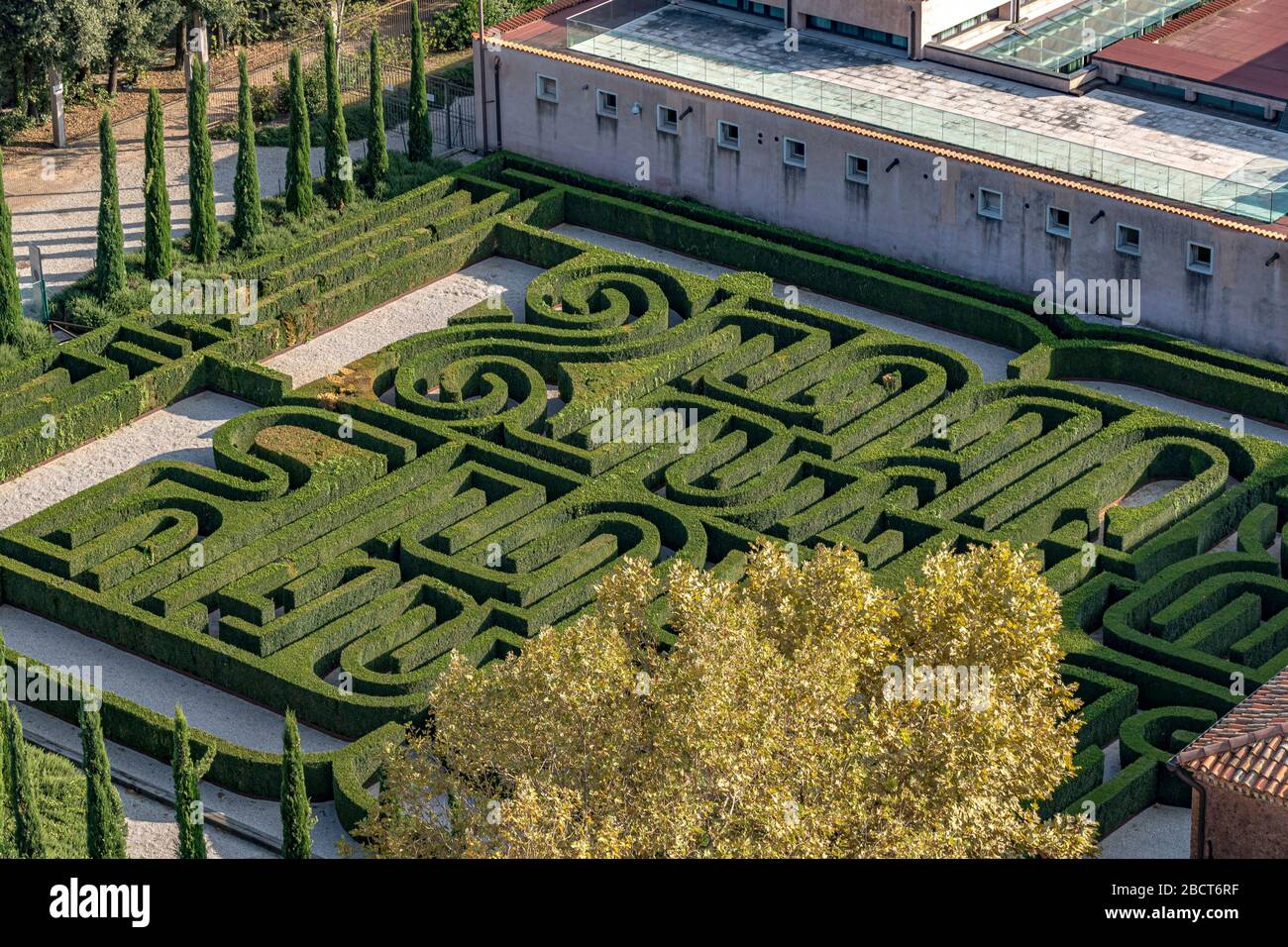
His erudition is not profound ― he asks of it only flashes of lightning and ideas ― but it is vast.". Borges has read everything, and especially what nobody reads any more: the Cabalists, the Alexandrine Greeks, medieval philosophers. He makes three main points: first, that Borges was highly influenced by his wide and obscure reading, making the assertion that, "His sources are innumerable and unexpected. Stories 1–13 are from Ficciones 14–23 are from The Aleph.Īll essays are from Otras inquisiciones (1952), except "The Argentine Writer and Tradition" and "Avatars of the Tortoise" which are from Discusión (1932).Īndré Maurois in the Preface of Labyrinths provides a critical overview of Borges's work.

" Story of the Warrior and the Captive"." Pierre Menard, Author of the Quixote".Yates, with a preface by André Maurois of the Académie française and an introduction by Irby.īesides the different stories and essays by Borges mentioned below, the book also contains a preface and introduction, an elegy for Borges, a chronology of Borges's life, and a bibliography. The edition, published only in English, was edited by James E. It includes, among other stories, " Tlön, Uqbar, Orbis Tertius", " The Garden of Forking Paths", and " The Library of Babel", three of Borges's most famous stories. It was translated into English, published soon after Borges won the International Publishers' Prize with Samuel Beckett. Labyrinths (1962, 1964, 1970, 1983) is a collection of short stories and essays by Argentine writer and poet Jorge Luis Borges.


 0 kommentar(er)
0 kommentar(er)
